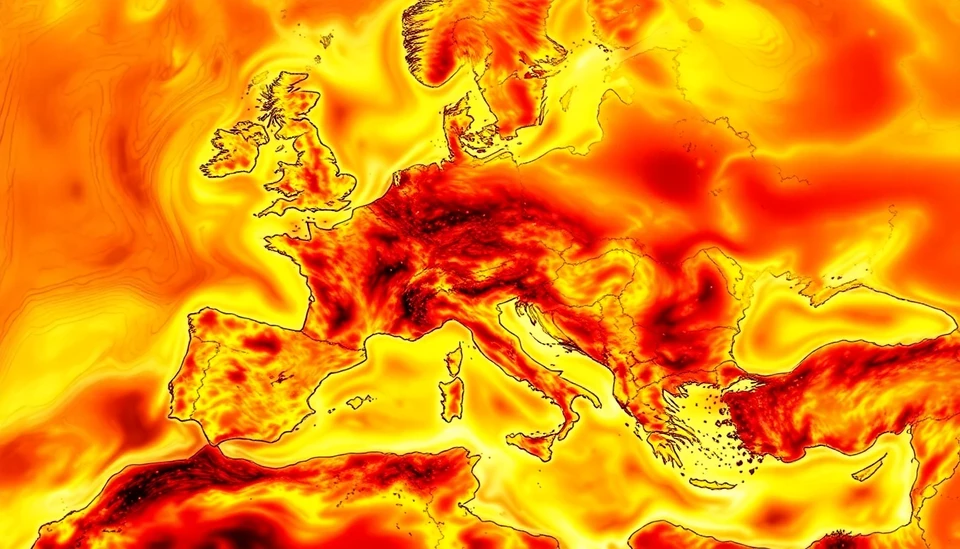
A recent study has unveiled a stark and alarming outlook for the future of public health in Europe, positing that extreme heat events are set to become increasingly deadly for residents of the continent in the forthcoming years. Researchers have indicated that rising temperatures and prolonged heatwaves could lead to a significant spike in mortality rates caused by heat-related ailments.
The report, which analyzed climate data alongside health statistics, highlights that Europeans are already experiencing more frequent and intense heat events. These episodes are predicted to become a common fixture of summer seasons, exacerbated by climate change, threatening to outpace the adaptive capacities of healthcare systems and communities.
According to the authors of the study, regions in southern Europe, which are already more vulnerable to extreme heat, will be hit hardest. They forecast that countries like Italy, Spain, and Greece will see some of the highest increases in heat-related fatalities in a climate scenario characterized by unchecked greenhouse gas emissions. The vulnerability of these regions is compounded by infrastructural challenges, including inefficient housing and insufficient cooling centers.
Furthermore, the study emphasizes that the elderly, people with pre-existing health conditions, and low-income populations will bear the brunt of this impending crisis. This demographic is more likely to lack access to adequate cooling and healthcare resources, making them particularly susceptible to the harmful effects of heat waves.
In light of these unsettling projections, researchers advocate for proactive measures to mitigate the effects of extreme heat. They stress the importance of implementing urban planning initiatives that include green spaces, shade provisions, and better-managed public spaces designed for cooling during extreme heat events. Additionally, they recommend bolstering public health responses to prepare for heat-related emergencies by establishing early warning systems and health education campaigns aimed at vulnerable populations.
The findings of this study serve as both a warning and a call to action for policymakers and public health officials across Europe. With climate change effects already manifesting, the time for effective response and intervention measures is now, to safeguard the lives of millions who could be at risk in the coming decades.
The repercussions of these extreme heat events not only threaten lives but could also create long-lasting strain on healthcare systems as they cope with the dual challenges of treating heat-related illnesses while managing other health crises. Without decisive action, the forecasts paint a grim picture for Europe as it faces one of the significant impacts of climate change.
As Europe stands at a crossroads, the study calls for urgent action to address the impending threat of extreme heat, laying the groundwork for sustainable solutions that prioritize community safety, health, and resilience against a changing climate.
For those concerned about the future, the key takeaway from this alarming study is clear: Immediate action is necessary to counteract the health risks posed by extreme heat, particularly in the context of our warming planet.
#ClimateChange #PublicHealth #ExtremeHeat #Europe #HeatWave #WeatherImpact #GlobalWarming #HealthRisks #ClimateAction
Author: Sophie Bennett




